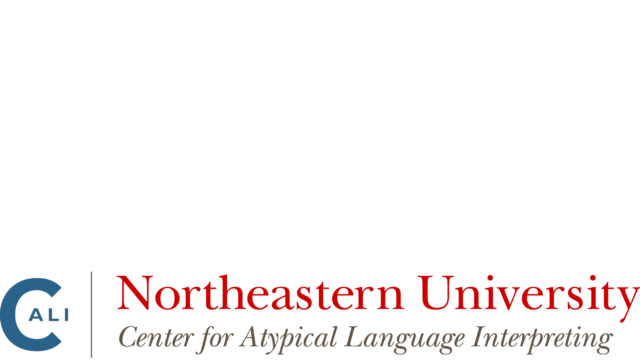Conversation Series

Interpreters on interpreting with people who use atypical language
These conversations include diverse perspectives—Deaf perspectives, Coda perspectives, BIPOC[1] perspectives, and more. Several of the people participating in these videos are immigrants, or first-generation Americans. Because they are talking with one another, you have access to rich insights you might not be exposed to if these individuals were talking with you directly. It is their relationships with one another and the communities in which they live that allow them to speak openly and frankly with one another—always with mutual respect and regard. If you have not yet watched the webinar, we strongly recommend you start with that as it includes a panel discussion and an introduction to the six Conversation Series videos.
The videos can be used in the following ways:
- View the videos on your own
- Independent learners may download the Learner Handbook to guide their learning experience
- Interpreting educators, mentors, and supervisors are encouraged to explore the Curriculum Guide, which provides an overview of the series and suggested instructional activities
- Take the Unit of Learning (UOL) titled Experiences of BIPOC Interpreters Working with Immigrants and Refugees. The UOL includes viewing all six videos, reflection opportunities, and more and is offered for 0.6 RID PS PPO CEUs.
This product was created using grant funds. Capturing evaluation data is required. Please complete this <20 second, anonymous survey.

Conversation Series Webinar
This pre-recorded webinar includes a panel discussion on terminology, labels, use of the word “atypical” and other topics relating to interpreting with individuals who use atypical language. The webinar also serves as an introduction to a set of six new videos called Conversation Series where teams of interpreters discuss their work in this specialty area.
CEUs: .2 (Content Area: Professional Studies; Knowledge Level: Some)